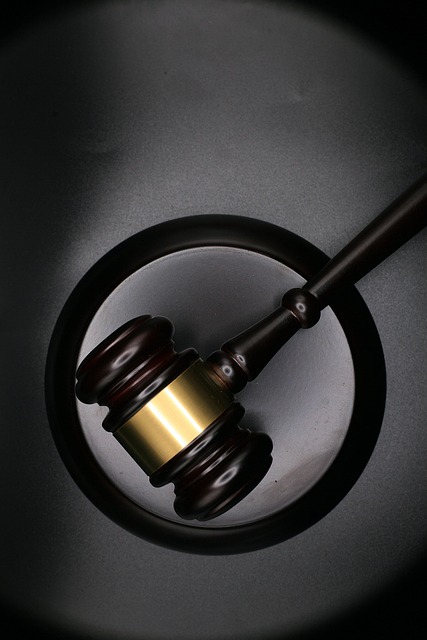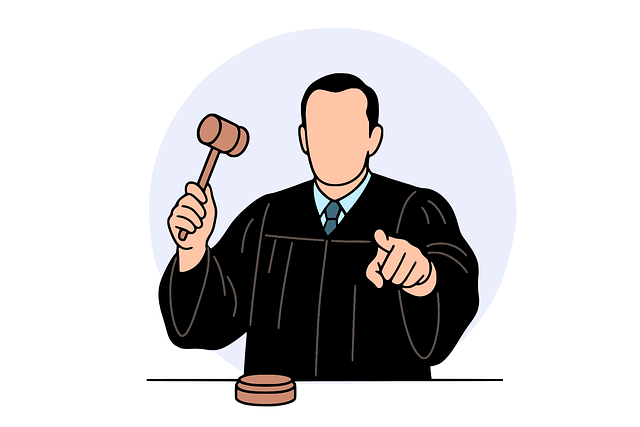Cartel structures are complex networks with defined roles and hierarchical rankings, facilitating nationwide criminal operations. Law enforcement uses advanced procedures like wiretaps, financial analysis, and undercover ops to investigate these groups. Severe penalties aim to deter and disrupt cartels, impacting public safety and fair market competition. Surveillance tech including GPS, wiretaps, CCTV, data analytics, and AI play pivotal roles in modern cartel investigations. The arrest-to-sentencing process is meticulous, with suspects enjoying legal rights and defense strategies influencing outcomes. International cooperation enhances global efforts to combat cartels through shared intelligence and harmonized procedures.
Criminal law enforcement faces unique challenges when confronting cartels, which operate as intricate, global networks. This article explores key aspects of cartel investigation, from understanding their complex structures and surveillance techniques to navigating legal proceedings and international cooperation. By delving into these essential components, we aim to illuminate effective Cartel Investigation Procedures and Penalties, providing insights for law enforcement agencies worldwide.
- Understanding Cartel Structures and Operations
- Surveillance Techniques for Investigation
- Legal Proceedings: Arrest to Sentencing
- International Cooperation in Cartel Prosecutions
Understanding Cartel Structures and Operations
Cartel structures are intricate networks with specific roles and hierarchical rankings, much like a pyramid or a web. Each member has a defined function, be it in logistics, finances, or distribution, ensuring the seamless operation of the criminal enterprise across the country. These organizations often employ sophisticated strategies to avoid indictment by masking their illicit activities within legitimate business fronts, making them elusive and challenging to investigate.
Understanding cartel operations involves delving into their unique methods of communication, money laundering, and product distribution. Law enforcement agencies utilize advanced investigation procedures, including wiretaps, financial analysis, and undercover operations, to gather evidence and identify key players. The penalties for cartel involvement are severe due to the significant impact on public safety and fair market competition, with laws in place to deter and disrupt these criminal networks.
Surveillance Techniques for Investigation
In modern criminal law enforcement, surveillance techniques play a pivotal role in investigating complex cases, particularly those involving cartels and organized crime. Advanced technologies such as GPS tracking, wiretaps, and CCTV cameras enable investigators to monitor and collect evidence at every stage of the investigative and enforcement process. These tools are instrumental in uncovering illicit activities, mapping out criminal networks, and identifying key players, which is crucial for successful cartel investigation procedures and penalties.
Surveillance methods have evolved to include sophisticated data analytics and artificial intelligence, allowing law enforcement agencies to analyze vast amounts of information and identify patterns indicative of criminal behavior. This not only enhances the efficiency of investigations but also aids in winning challenging defense verdicts for his clients. By leveraging these surveillance techniques, legal professionals can ensure a more robust and comprehensive approach to criminal law enforcement.
Legal Proceedings: Arrest to Sentencing
The journey from arrest to sentencing is a critical phase in criminal law enforcement, where legal proceedings are initiated and the fate of an accused individual is determined. This process involves a series of intricate steps, ensuring that every suspect receives a fair trial as guaranteed by the law. Upon arrest, individuals are brought before a court, where they are informed of the charges against them. In cases involving complex crimes like cartel investigations, procedures become more stringent, focusing on uncovering evidence and establishing motive.
During this period, suspects have legal rights, including the ability to consult with attorneys who can challenge the validity of arrests and search warrants. The goal is to ensure that law enforcement acts within its powers, as defined by the Cartel Investigation Procedures and Penalties, across the country. For his clients, successful defense strategies may lead to a complete dismissal of all charges, ultimately shaping the outcome of their legal battle.
International Cooperation in Cartel Prosecutions
International cooperation is a cornerstone in the global fight against cartels and organized crime. With their intricate networks spanning borders, cartel investigations often require a coordinated effort from law enforcement agencies worldwide. This collaboration involves sharing intelligence, evidence, and best practices to unravel complex criminal enterprises. By harmonizing efforts, countries can enhance the effectiveness of Cartel Investigation Procedures and Penalties, ensuring justice is served for these high-stakes cases.
Through international agreements and specialized task forces, general criminal defense attorneys and white collar defense specialists from different nations work together to combat cartels. This unified approach allows for a comprehensive understanding of cartel operations, enabling investigators to navigate the intricate financial structures and hidden assets that are often key to successful prosecutions. Such cooperation is vital in dismantling these powerful networks and delivering much-needed relief to communities affected by their activities.
Criminal law enforcement against cartels involves a multifaceted approach, encompassing the understanding of their complex structures, advanced surveillance techniques, and stringent legal proceedings. From unraveling intricate operations to international cooperation, these strategies are instrumental in dismantling these powerful networks. By leveraging modern investigation methods and strengthening cross-border partnerships, law enforcement agencies can effectively target cartel activities, ensuring justice is served and communities are protected. This comprehensive approach to cartel investigation procedures and penalties is vital for maintaining public safety and security in today’s globalized world.






